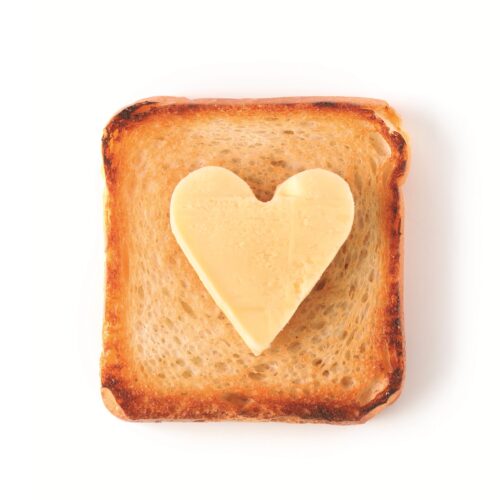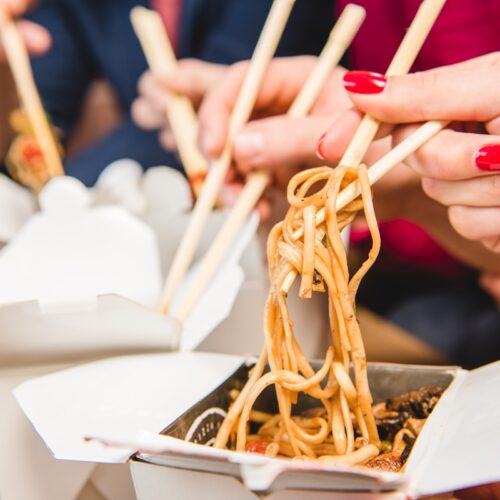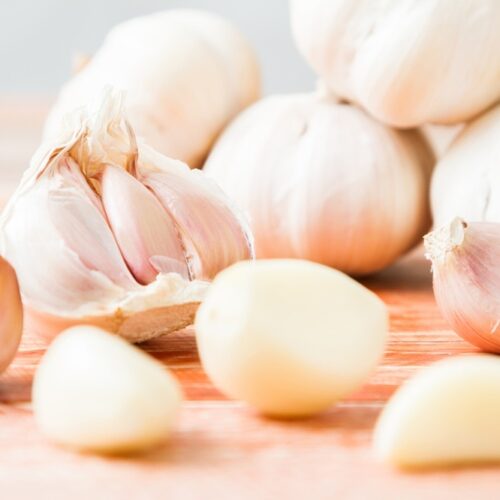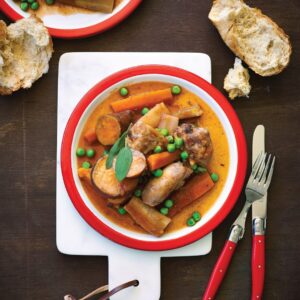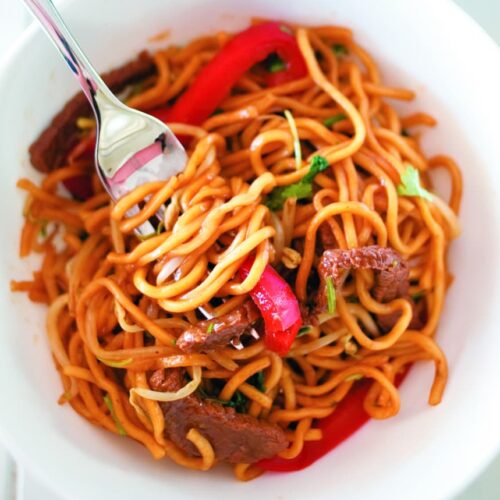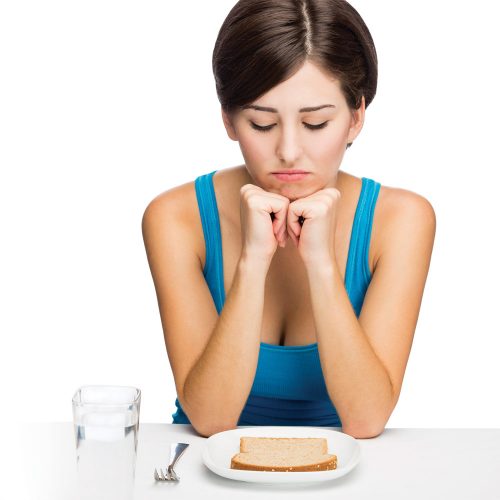
Recently I was contacted by TV3’s Story show to comment on a ‘revolutionary’ diet one of their reporters had come up with. For 30 days, he was going to eat nothing but pies and beer….
His diet would be four pies a day, or three pies and three beers. He’d calculated that the calories or kilojoules contained in this food were fewer than he needed, so based on the simple theory of energy in versus energy out, he would have a calorie deficit and therefore lose weight.
This theory is technically correct. There are a few little tricky caveats but, basically, if we consume less energy than we burn up, over time, we will lose weight. History is littered with many, many diets based on this simple theory. Most diet plans, in fact, work for this very reason.
Thinking on it, I remembered various single-food diets that have popped up through the years (see below). I remember my Mum and aunties doing the ‘bread diet’ in the ‘80s; the ‘cabbage soup’ diet is somewhat notorious not only for being pretty unappetising but also for the unfortunate gastro-intestinal symptoms it produced; and I seem to recall something about a ‘grapefruit diet’ somewhere along the way.
As it turns out, the single-food diet has not gone away. There’s even a name for it now: Mono-ing. It is what it sounds like: eating a single food for extended periods. There are people mono-ing on mushroom soup, eggs, mangoes, apples and porridge. Perhaps the most Insta-famous of the mono-diet advocates is Freelee the Banana Girl, a ‘fruitarian’ who posts videos of herself eating 50 bananas a day. Freelee is slim, blonde and bouncy and appears happy, but watch any of her videos for more than a minute and you will see that she is also clearly deeply disordered in her relationship with food. There is something very, very disturbing about her, and I can see why there has been an online petition calling for her to be banned from the internet. A vulnerable teenage girl watching her could very easily be pulled into a disordered eating rabbit-hole.
Of course, we all know (I hope) that eating only one food – whether it’s burgers or broccoli – is very far from ideal. We need to eat a variety of foods so we get a variety of nutrients. Eating a single food for one meal is probably not a problem; it’s just potentially boring. But eating a single food for any length of time would open us up to dietary deficiencies, which could be dangerous or even life-threatening. In 2012, it was reported British teenager Stacey Irvine was rushed to hospital after collapsing, having eaten nothing but chicken nuggets for 15 years. If the story is true, I’m a bit surprised she lasted that long without a vegetable.
No matter what the single food was, the eater would eventually run into problems. With pies and beer, we’d expect a lack of vegetables and fibre would cause constipation, and an overload of salt and saturated fat would probably cause issues with cholesterol and blood pressure. Eating only bananas would set us up for deficiencies in calcium and iron, and a potentially life-threatening lack of vitamin B12, something vegans are advised to take as a supplement since it’s found only in animal foods.
As for the energy in/energy out theory, yes, we can lose weight following just about any type of diet we may care to dream up, if the energy we take in is less than the energy we expend. But the quality of that diet is still really important. We are not going to feel good or have long-term good health without thinking about quality as well as quantity. And that means the old story: a wide variety of minimally processed, plant-based foods in sensible combinations.
Weird examples in recent history
Diets consisting of only one food are nothing new. Unsurprisingly, none of these has turned out to deliver permanent weight loss, although they have all helped some savvy people to make a ton of money.
The Grapefruit Diet (1930s and later)
Versions of this vary, from low-calorie diets where grapefruit is eaten before every meal, to grapefruit-only diets which are essentially a fast.
The Cabbage Soup Diet (1980s)
This diet had people eating nothing but low-calorie cabbage soup for seven days. Most people who tried it struggled to get to day seven.
The Bread Diet (1980s) and the Bread for Life Diet (2005)
These diets consist mostly of (surprise) bread, ideally whole grain, up to 16 slices (!). After the typical restrictive first ‘phase’, other foods are added.
The Baby Food Diet (2000s)
In this extremely unappetising diet, breakfast and lunch are replaced with canned baby food. Presumably this worked because babies don’t need as much food as adults.
The Lemon Detox Diet, aka Master Cleanse (2000s)
Proving there is nothing really new when it comes to fad diets, the Master Cleanse was invented in the 1940s and revived by clever marketers in 2009. It is essentially a starvation diet, consisting of a nauseating mixture of water, lemon juice, maple syrup and cayenne pepper, to be taken instead of food for up to 14 days, supposedly to ‘cleanse’ the body of toxins.
www.healthyfood.com



